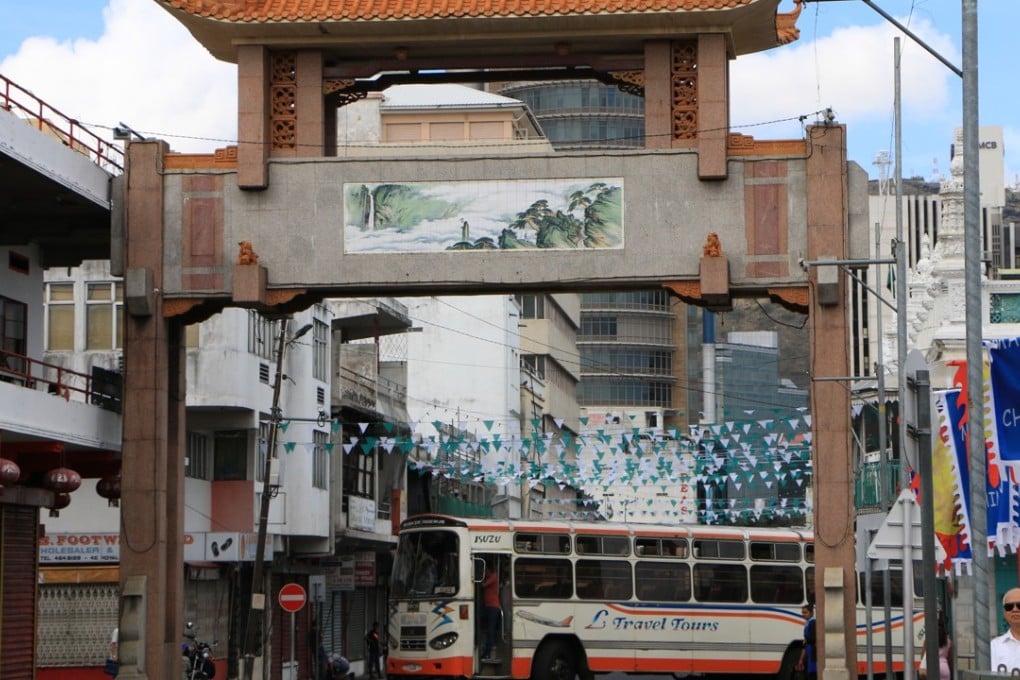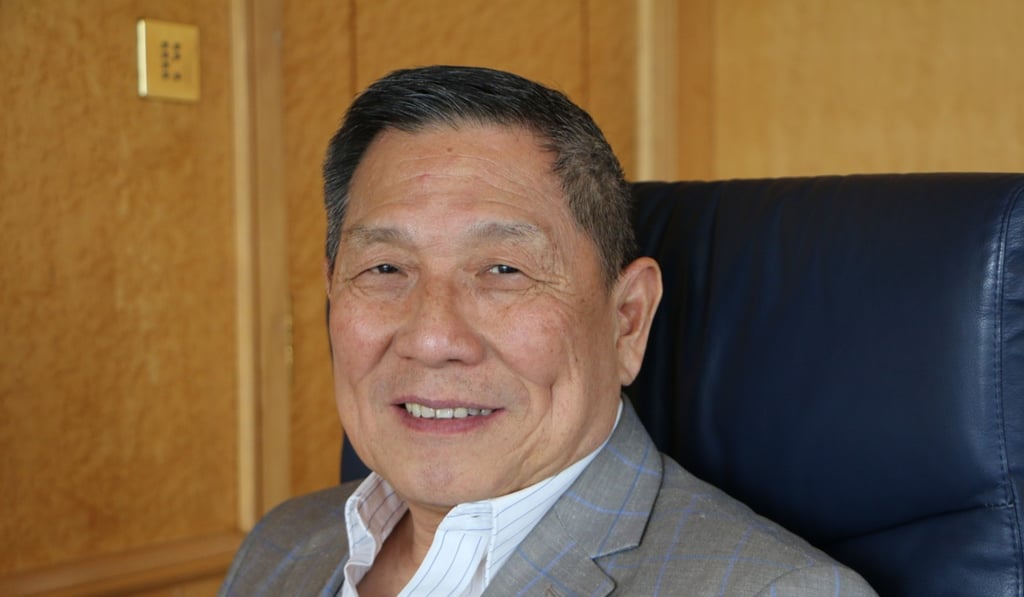The Chinese who helped make tiny Mauritius an African success story
- There has been a Chinese presence in Mauritius from as early as the late 1600s, starting with convicts brought by the Dutch
- Despite their dwindling numbers now, ethnic Chinese maintain a hugely-prosperous profile in the capital Port Louis

As Mauritius speeds towards becoming the first high-income nation in Africa, its small but influential Chinese community can give itself a pat on the back for making the island what it is today.
“We Sino-Mauritians make up around 2-3 per cent of the population, but our influence is probably around 30 per cent as we punch well above our weight,” said Antoine Kon-Kam King, Vice-President of Mauritius’ Chinese Business Chamber and a former UN diplomat.
Not far from the main bus station, the capital Port Louis’ Chinatown is a brightly coloured and bustling place.
It has two paifangs (archways) and walls painted with murals featuring Chinese revolutionary leader Sun Yat-sen and Chairman Mao Zedong.
Flags flap in the air welcoming visitors. Pinned to the wire fence of a car park is a photo of a beaming Miss Mauritius standing next to a drawing of Confucius.
There is a Buddhist temple, barbers and well-stocked food shops, as well as other businesses and stores serving not only the Chinese, but also Hindu, Afro-Creole and French locals.
